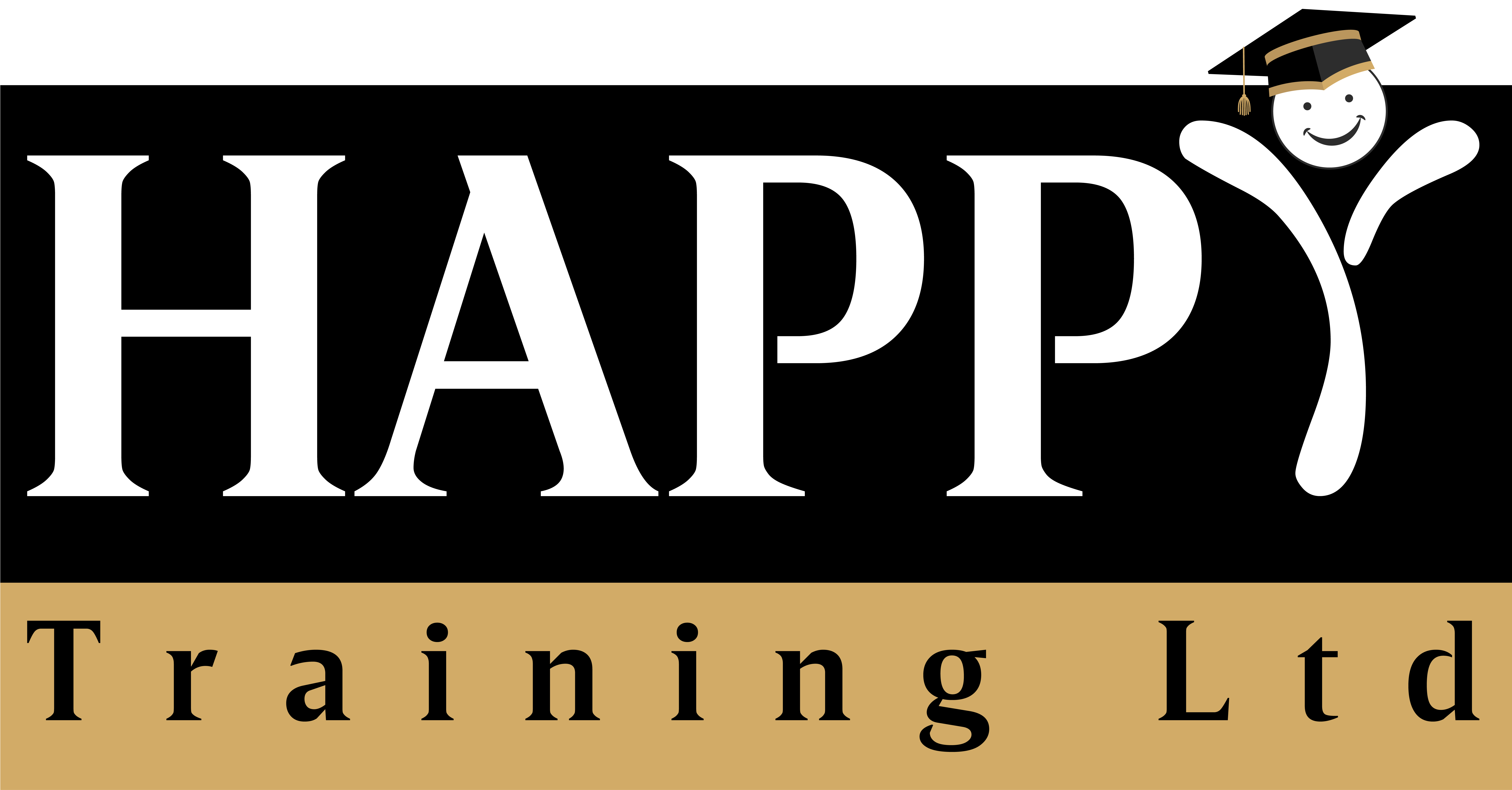BSc (Hons) Health and Social Care with Foundation Year in Health and Care
Our four-year health and social care degree programme, delivered in partnership with Leeds Trinity University, allows you to commence your studies with an initial foundation year. This initial one-year period of study allows you to develop your academic skills and confidence. Students will then study a combination of core and option modules across their remaining years of study.

Intakes
September, January, May
Duration
4 years
Awarding Institution
BSc (Hons) Health and Social Care with Foundation Year in Health and Care
Weekdays, evenings and/or weekends
Locations
Birmingham, London – Canary Wharf, London – Greenford, Manchester
Fees
Course Overview
A healthy population is about the joined-up delivery of services, driven primarily by the needs of patients and communities. Our programme will introduce you to the key concepts and debates influencing health and social care, developing the skills and knowledge you need for a successful career. You’ll explore issues such as life quality, effective caring and communication to build a solid grounding in individualised health and care provision, exploring models of person-centred provision and the impact of behaviours on health.
To meet the demand for skilled professionals in this growing area of provision, this health and social care degree has been designed in partnership with leading health and social care employers. You’ll be at the forefront of learning and professional practice in health and social care, developing the knowledge, understanding and skills to shape the future health of our populations.
In the integrated Foundation Year in Health and Care you will undertake modules to help develop your academic skills and confidence and will be introduced to key concepts, debates and skills that will support and inform your second, third and fourth years of undergraduate degree study.
You’ll explore issues such as life quality, effective caring and communication. You will also gain an understanding of the basic factors that influence health and social care.
Following successful completion of your Foundation Year, you’ll gain a solid grounding in individualised health and care provision, exploring models of person-centred provision and the impact of behaviours on health. You’ll learn how to manage in health and care, understanding the factors that influence health and social care decision-making.
You’ll learn from experienced professionals in their fields, who will help you develop subject-specific skills and examine health and social care from national and global perspectives, considering cultural values and beliefs, enabling you to deliver compassionate, high-quality and inclusive care services for individuals, families and communities.
The importance of cultural competence, social justice, adherence to relevant legislation and professional standards will be evident throughout all levels of your study.
Professional work placements, which form an integral part of your degree, will give you the chance to gain experience in multiple health and social care settings. For example, in facilities that provide residential care for adults and older adults, with youth work teams, in the NHS, in children’s and family centres, and with charities and non-government agencies.
The applied nature of this degree means you’ll graduate with the knowledge, skills and experience needed for professional practice and that employers in this growing sector are looking for.
This course will provide you with opportunities to test your knowledge and understanding informally through ‘formative’ assessments. Formative assessments will be completed before your formal ‘summative ’ assessment, which will determine your final marks.
Each module normally contains at least one piece of formative assessment from which you will receive feedback from your course team. Formative assessments are purely for developmental purposes and do not count towards your final module mark. They are designed to help you to gain more knowledge and confidence in the module material and approaches to formal assessment. Students who do not engage with informal assessments often struggle with Foundation Year progression, as well as with the academic levels above.
The formal summative assessment usually occurs towards the end of each module. Assessment methods may include written examinations and a range of coursework, including reports, portfolios, essays and presentations. The marks awarded for summative assessments count towards your final module mark. Assessment are reviewed annually and may be updated in consultation with students, for example in response to student or External Examiner feedback. An External Examiner is an independent academic expert from another higher education provider; , and they are appointed by the University of Suffolk to provide external assurance regarding the academic standards of your course.
Year 0 (Foundation)
– Introduction to Management (20 Credits)
– Project (20 Credits)
– Academic Research and Writing (20 Credits)
– Business Communication (20 Credits)
– Preparing for a Professional Career (20 Credits)
– Introduction to Marketing (20 Credits)
Year 1
– Business Context and its Management (20 Credits)
– Business Environment (20 Credits)
– Managing People (20 Credits)
– Marketing & Communications in a Digital World (20 Credits)
– Business Finance and Economics (20 Credits)
– Global Business Aspects (20 Credits)
Year 2
– Research Methods (20 Credits)
– Business Decision Making (20 Credits)
– Organisation Behaviour (20 Credits)
– Project Management (20 Credits)
– Business Plan and Analysis (20 Credits)
– International Business Law (20 Credits)
Year 3
– Global Leadership and Organisational Behaviour (20 Credits)
– Building a Sustainable Business (20 Credits)
– Innovation Management (20 Credits)
– Global Strategy (20 Credits)
Then choose one of:
– Dissertation (40 Credits)
– Consulting Project (40 Credits)
– Internship (40 Credits)
Standard entry requirements (applicants under 21 years)
80 UCAS tariff points or equivalent qualifications (e.g. 60 Credit Ofqual qualification at level 3). 5 GCSEs at Grade C/4 or above or equivalent qualifications. Applicants who do not meet the above entry requirements will be considered on an individual basis.
Applicants aged 21+
If applicants aged 21+ do not meet the standard entry requirements, we take into consideration life/work skills which would make them suitable for undergraduate study with our Foundation programme.
All applicants
All applicants must be assessed by the GBS Admissions team via an interview for listening and speaking skills and for writing via a statement of personal reflection.
Process required:
1.Application form
2. Supervised Personal Reflection Statement
3. Personal interview
Funding your study
All students can access student finance through the University of Suffolk.
Tuition Fee Loans
A Tuition Fee Loan covers the cost of your tuition fees. This is paid directly to your awarding institution (in this case the University of Suffolk). Loan repayments only start once you have finished your course and are earning £26,575 a year or more. Both full- and part-time learners can apply.
Maintenance Loans
If you are eligible, you can also apply for a Maintenance Loan to cover living expenses. This loan is paid directly into your bank account at the start of term. Maintenance Loans has are repaid after you finish your course and your earnings are above £26,575 per year. For more information, please visit www.gov.uk/studentfinance
Maintenance Grants
You can also apply for a Maintenance Grant to help with living costs. Maintenance Grants are paid directly into your bank account at the start of term. You don’t have to pay them back, but any funds you get will reduce the size of the Maintenance Loan you could receive, should you also wish to apply for one.
New students must prove they have been living in the UK for five years before their course start date in order to get living cost support from Student Finance England.
